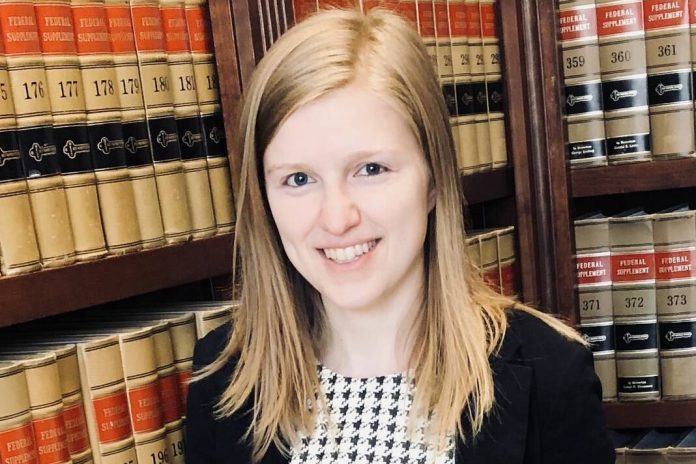In a world where everything seems to be public, it is hard at times to escape from everyone being “in our personal life.”
Social media is a blessing and a curse for this. It makes it easier for people to share information and to make comments without having to confront or acknowledge the person their comments are about. Good or bad, this can make it easier for information to be spread by just a click of a button.
In prior years, we have seen large colleges such as Harvard and the University of Florida rescind college acceptance offers due to memes or comments individuals have made on personal social media accounts. It shows us that some comments and posts should be kept private, or else major consequences can result.
Small-town life is no different, in that comments and posts made on social media can have major unintentional consequences. While small-town life has many amazing perks, some might say a downfall is that everyone knows everything. That is also a perk (especially if you have children, since it is harder for them to get away with too much as parents are likely to find out “through the grapevine”).
But when it comes to estate planning, people do not always want their information to be public information spread through the grapevine or posted on social media.
In particular, wills and trusts are not required to be shared with anyone other than the person who established them. Ultimately, it is entirely up to each individual if she wishes to share her estate plans with her loved ones prior to her passing, or if he wishes his estate plans to remain confidential, from even his own family, until after he passes away.
For instance, wills are legally allowed to be brought to local probate courts, which is public record. However, most people do not store their wills at the local courthouse. Instead, the originals are typically kept by the attorney who prepared them or the individual they belong to. By the original will staying in the possession of the attorney who prepared it, oftentimes it is easier to locate the original will upon our passing.
One of the biggest benefits of a trust is that even after we die, some types of trusts are not required to be publicly shared. Thus, it allows our ultimate post-death asset distribution to remain confidential.
Because most estate planning documents can be kept confidential, prior versions of rewritten or amended estate planning documents can also be kept confidential. Thus, as our lives change and we change our post-death asset distribution plans, heirs who end up with a smaller inheritance in later versions of our documents can be shielded from ever learning that those heirs were treated more favorably in earlier versions of a will or trust.
In a world where everything seems to be public, especially with the use of social media, there are still ways to keep our estate planning confidential.
Nichole Y. Shafer is an Ohio-licensed attorney at Schroeder Law LTD in Putnam County. She limits her practice to business, real estate, estate planning and agriculture issues in northwest Ohio. She can be reached at [email protected] or at 419-659-2058. This article is not intended to serve as legal advice, and specific advice should be sought from the licensed attorney of your choice based upon the specific facts and circumstances that you face.







